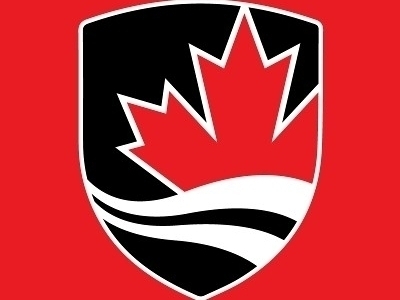 GRAD TALK is FGPA’s new initiative that allows you to share your thoughts on a particular topic with other grad students. This week, we are asking Teaching Assistants to share their best teaching tips and strategies. You can comment in the box below on this website or email us at fgpa_newsletter@carleton.ca and we will share your comments in the next issue of TheGraduate@Carleton. We look forward to hearing from you.
GRAD TALK is FGPA’s new initiative that allows you to share your thoughts on a particular topic with other grad students. This week, we are asking Teaching Assistants to share their best teaching tips and strategies. You can comment in the box below on this website or email us at fgpa_newsletter@carleton.ca and we will share your comments in the next issue of TheGraduate@Carleton. We look forward to hearing from you.
Last time, we asked you for your tips on how to cope with the stress of a new school year in grad studies. Here is what some graduate students had to say:
“My biggest tip for both new and returning grad students is to get into a routine that keeps you busy and motivated in both your studies and your personal life. Get out of the house to study and discuss your ideas and struggles with friends and colleagues. And perhaps most of all, rather than becoming overwhelmed by an entire term of work, focus on what needs to be done each day or each week. Splitting up your work into manageable chunks helps you focus and feel a sense of accomplishment!”
“The start of every academic year is always exciting. The campus is once again populated and there is a vibrant feeling within the student body. While I’ve experienced these new beginnings several times (too many to mention) what always catches me by surprise is how quickly things pick up. Every year, we attend grad school orientation and our first week of classes…. it’s normally pretty lax. Week two is usually a regurgitation of materials learnt in the past and then all of a sudden, out of nowhere, you’re knee deep in new material for each and every one of your classes with midterms looming around the corner. Here is where experience can shift your first semester from an anxious nightmare to a calm and collected: “I got this”. The solution? Easy. Planning ahead. My advice – know your course load, know your midterm schedule and plan accordingly. The harder you work now to stay on top of things, the less you work later when everything is seemingly due simultaneously. Instead of extending summer vacation into the middle of September, keep up with course material and you’ll see – midterms aren’t all that bad!! Good luck to all the new grad students out there!!! You are not alone. Oh ya – and use your TA’s… they are paid help!!!”
“Coping with stress is something that is absolutely necessary to come to grips with when pursuing advanced degrees in academia. Unlike most professional jobs, academics require a much greater amount of self-management and discipline day-in and day-out. A common precursor to stress that I’ve identified during my studies comes from a skewed sense of urgency and priority setting. In academics, schedules tend to change a lot along the course of a year. It’s important to get a good sense of the objectives to be completed over the year or semester and determine which of these require regular commitments and those which can be tackled on an intermittent basis. While establishing a weekly work rhythm will help, it is important to take the time to reassess regularly how far ahead you are at reaching these objectives and what needs to be reprioritized. In other words, stick to your schedule and get ready to crunch when a deadline needs to be met. Surprisingly, I find that stress is in fact reduced when occupation is high — with the added psychological reward of completing something on time! In a similar way, it is important to take time to relax and get your mind off research, classes, teaching etc. Add this to your schedule! It is key to divert your attention to something else and stop oneself from rumination – the process of mentally reassessing a stressful objective over and over. If you ever get to that, go out, meet some friends, do some sports or simply go have some fun!”
Monday, September 24, 2012 in Grad Student Services, News
Share: Twitter, Facebook




